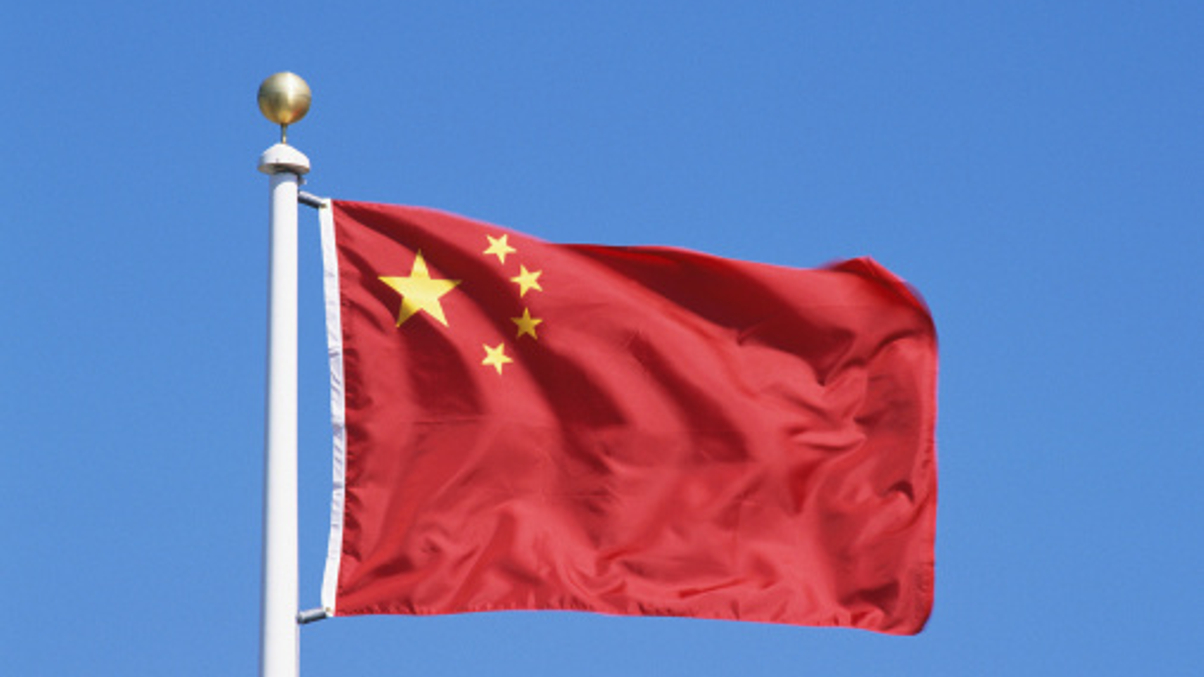NCSSF issues first global mandates in four years
China's National Council for Social Security Fund has tapped international markets amid fears over capital outflow due to RMB devaluation. More mandates could be on the way.

China’s $240 billion National Council for Social Security Fund (NCSSF) has awarded its first batch of overseas mandates in more than four years.
Sign in to read on!
Registered users get 2 free articles in 30 days.
Subscribers have full unlimited access to AsianInvestor
Not signed up? New users get 2 free articles per month, plus a 7-day unlimited free trial.
¬ Haymarket Media Limited. All rights reserved.


